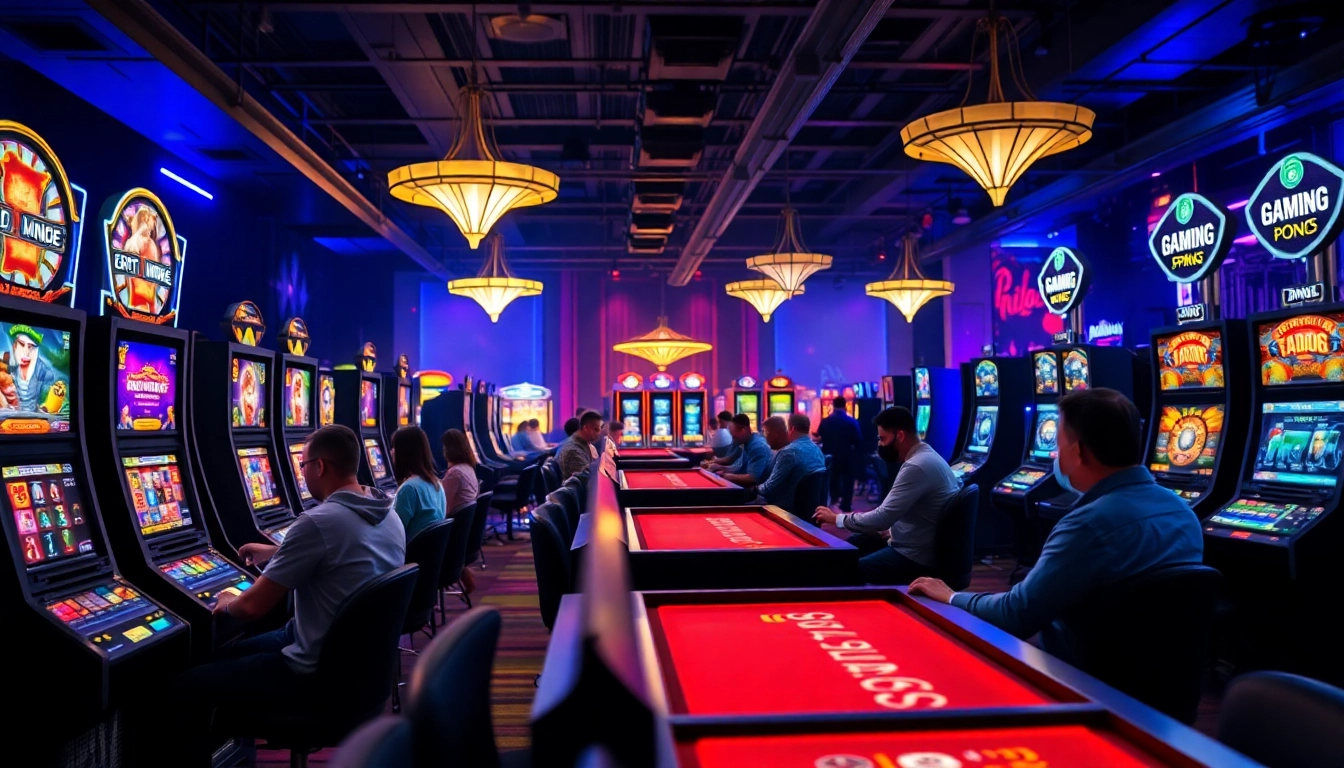
As the iGaming industry continues to thrive, the demand for engaging and interactive live casino experiences is growing exponentially. Live casino platforms offer players the excitement of real-time gaming, replicating the atmosphere of a physical casino. To build such systems, developers are leveraging cutting-edge technologies to ensure seamless gameplay, real-time interaction, and secure transactions. This blog will dive deep into the technologies driving real-time systems for live casino platforms and explore how businesses like SDLCCorp are shaping this transformative trend.
The Evolution of Live Casino Gaming: Real-Time Systems in Action
Live casino platforms offer players a true immersive experience, where they can interact with real dealers and fellow players. This shift from traditional online gaming to live gaming has been made possible through the integration of real-time systems that ensure minimal latency and dynamic interaction.
Real-time gaming solutions rely on a combination of several technologies, including video streaming, live data analytics, and robust server infrastructures. By using powerful video encoding tools, high-quality cameras, and ultra-fast data transmission methods, these systems enable live dealers to interact with players in real-time.
Key Components of Real-Time Systems for Live Casino Platforms
- Video Streaming Technology High-quality video streaming is the cornerstone of any live casino experience. A reliable and uninterrupted video feed is necessary for real-time interaction, ensuring that players can watch the dealer’s actions without delay. To achieve this, platforms use advanced video compression and streaming protocols that minimize latency while maintaining the quality of the video feed.
- Low-Latency Communication In a live casino, every second counts. A delay of even a fraction of a second can disrupt the gaming experience and diminish player engagement. To maintain fluid interaction, live casino platforms depend on low-latency communication between the client and server. Technologies like WebRTC (Web Real-Time Communication) and Content Delivery Networks (CDNs) are used to ensure fast communication, while minimizing lag.
- Secure and Scalable Server Architecture Real-time systems require a robust and secure backend architecture. For live casino platforms, this means having scalable server infrastructures that can handle high traffic volumes while maintaining security. The server architecture must be able to manage the video stream, track real-time bets, and process transactions quickly. Cloud computing services like AWS and Google Cloud are frequently used to scale these systems.
A reliable server environment also ensures player data security and prevents fraud, providing peace of mind for both operators and users.
How SDLCCorp is Paving the Way for Real-Time Casino Platforms
As a leader in live casino software development, SDLCCorp is helping operators deliver high-quality, real-time experiences. SDLCCorp’s expertise in building customizable and secure live casino platforms allows businesses to provide a fully immersive gaming experience. By integrating state-of-the-art technology with real-time interaction features, SDLCCorp offers a comprehensive suite of solutions designed to meet the growing demand for engaging live casino environments.
For more information on building a live casino platform, check out SDLCCorp’s Live Casino Software services.
Challenges in Building Real-Time Casino Systems
While the benefits of real-time systems are clear, there are several challenges that developers face when building live casino platforms. These include:
- Latency Issues: High latency can significantly impact the gaming experience, leading to delays in gameplay and communication. Reducing latency to an imperceptible level requires the use of sophisticated streaming technologies and server optimization.
- Scalability: The system must be capable of handling a large number of concurrent players without compromising performance. This requires careful infrastructure planning and testing.
- Data Security: Since live casino platforms handle sensitive financial transactions and personal data, ensuring data protection is a priority. Developers must implement encryption, secure payment gateways, and compliance with industry regulations like GDPR.
Conclusion: The Future of Real-Time Systems in iGaming
As the demand for immersive gaming experiences grows, building efficient, low-latency, and secure real-time systems is crucial for the success of live casino platforms. The continuous evolution of streaming technologies, combined with the rise of cloud computing and real-time communication solutions, is expected to drive even more innovation in this space.
If you’re looking to create or enhance a live casino platform, exploring related services, such as the ones offered by SDLCCorp, can provide the expertise and tools needed to stay ahead in the competitive iGaming market.








